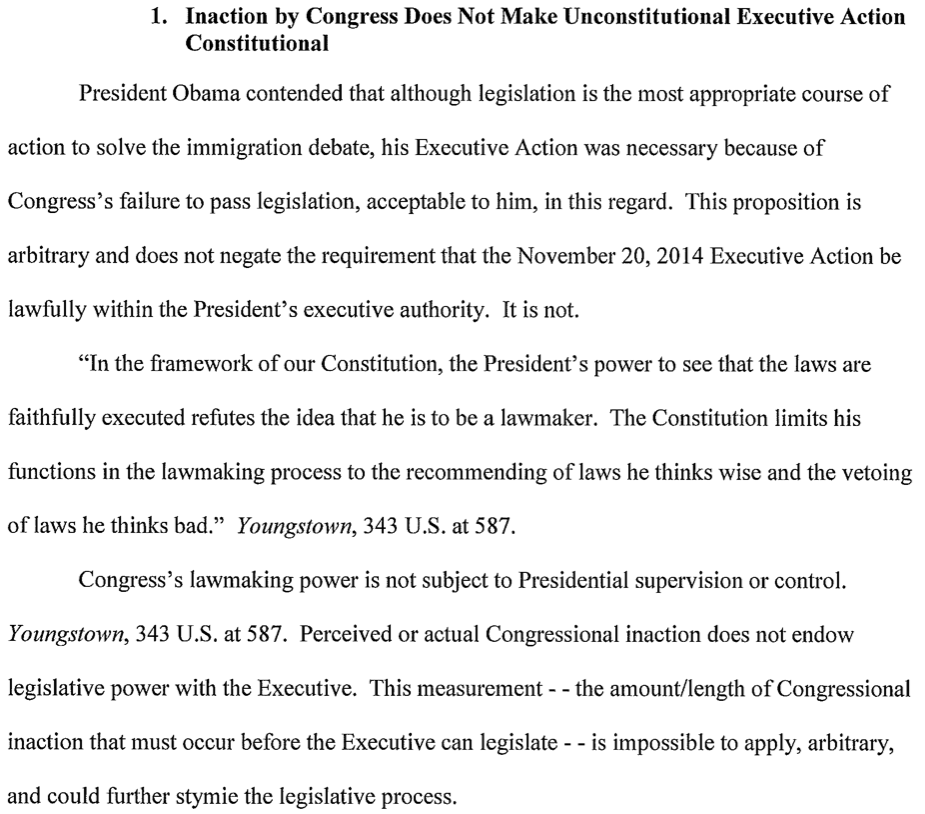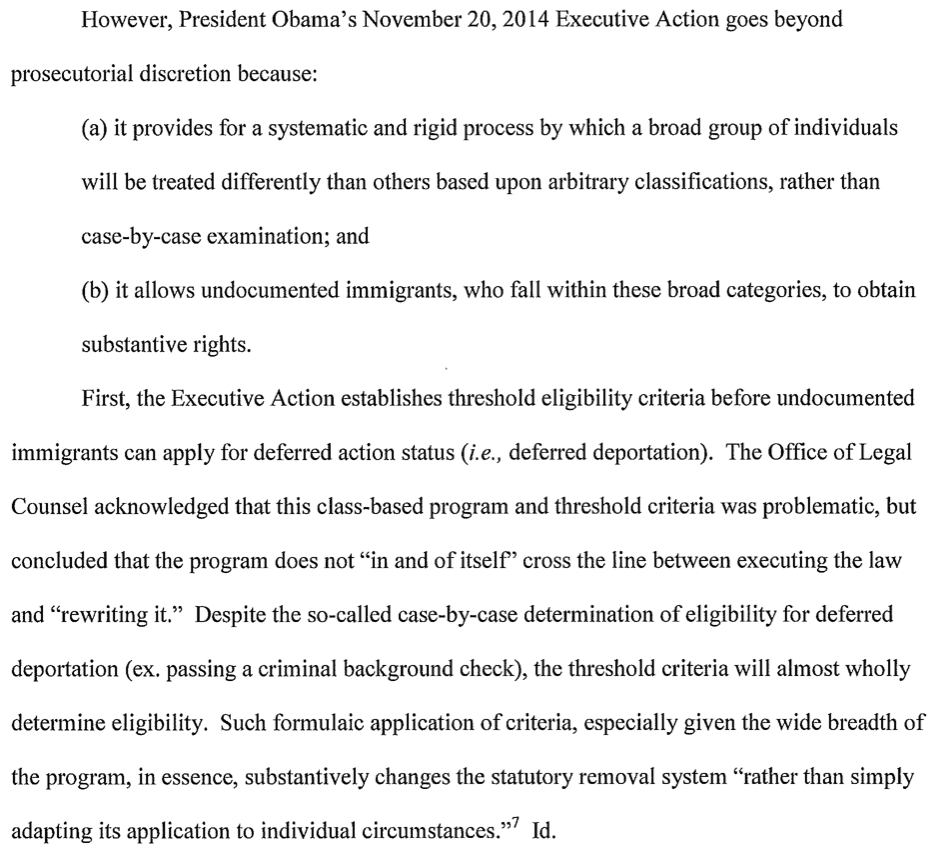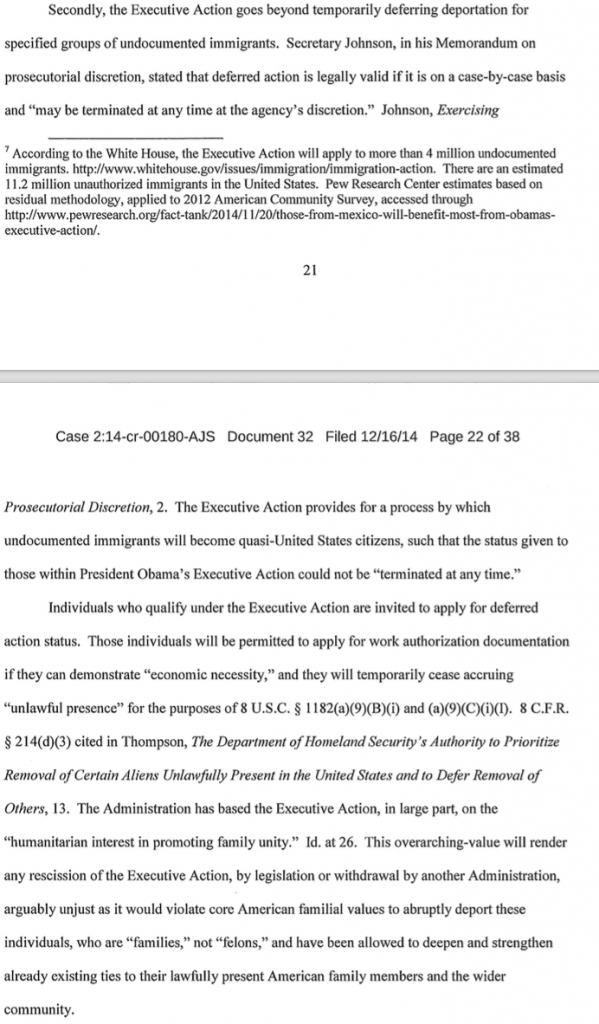Here is the first question of my Property I final, inspired by the Back to the Future Trilogy. I managed to work in the time-traveling DeLorean with trips from 1985 to 1955, 2015, alternate 1985, 1885, and back to good ‘ole 1985. Marty (here Arty) travels through time to figure out the title to Blackacre. See if you can catch all the references. I worked in a number of verbatim quotes, and scenes from the movie. The almanac that Doc takes from Marty, dumps on the trash can, and is then taken by Biff, is a perfect test for mislaid and abandoned property.
Question 1 (50%)
Instructions:
Today is June 1, 2015. But this case begins in the year 1985, where hair was big, jeans were ripped, and everyone was looking for the beef. Then it jumps back in time to 1955, where hair was quaffed, jeans were tight, and everyone liked Ike. But not before a final detour to 1885, where hair was covered, jeans were riveted, and everyone was looking for gold.
You are an associate in the law firm of Bach, Tew, DaFütcher LLP. You are asked to prepare a memo of no more than 500 words that analyzes a series of property disputes that occur in 1885, 1955, 1985, and 2015, among Arty, Biff, Doc, George, Lorraine, Seamus, and Tannen. This case is currently pending before the District Court of Hill Valley, Texas. Texas adheres to all common law property rules, as articulated in the Restatement (First) of Property. For purposes of this case, assume that the court has jurisdiction over all claims; none of the claims are barred by any statute of limitations; and the Rule Against Perpetuities, or any other principle that destroys future interests, do not apply.
—
1985
Arty comes from a long line of residents in Hill Valley, Texas. Arty, a 17-year old, lives with his mother Lorraine and his father George. George was born in 1885. George, who was orphaned at a young age, was raised by his grandfather Seamus. Seamus, Arty’s paternal great-grandfather, was born in 1840 and died in 1940.
Arty’s family has been in the town since the middle of the 19th century, and has long had an interest in Blackacre. However, due to a fire in the records office, all deeds concerning Blackacre were lost. With the state of property in Hill Valley in ashes, Arty has an idea. His friend Doc built a time machine out of a DeLorean sports car. With the DeLorean, they decided to travel through time in an excellent property adventure, to research the history of Blackacre. Alas, as with all time travel, there would be many unintended consequences.
Blasting a Huey Lewis & the News cassette tape, Arty and Doc rev up the plutonium-powered DeLorean to 88 miles per hour, and drive back in time. Their first stop was 1955, to investigate the estate of Blackacre.
1955
After breaking the space-time continuum to travel back to “good ‘ole 1955,” Arty and Doc go to the Hill Valley Courthouse, and discover a deed for Blackacre, which was recorded in year 1885.
From Seamus, all of the land on Blackacre to my grandson George for life, then to George’s first born son, but if any issue of George’s first-born son are ever convicted of a crime, then to Doc and his heirs.
Doc is really confused. He wasn’t born until 1930, and there was no one else living in Hill Valley in 1885 with that name (he checked the census!). How could Arty’s great-grandfather possibly give him an interest in Blackacre? Arty was secretly happy, as he knew he would be George’s first-born son—even though he would not be born for another 12 years. Blackacre was his soon enough, he thought! Arty and Doc make a copy of the deed for Blackacre.
Having messed enough with the past, Arty and Doc decide to venture into the great unknown—the year 2015. Blasting Elvis Presley from their AM radio, the duo went back to the future.
2015
Miraculously, in the brief period between December 2, 2014 and January 1, 2015, there was a technological revolution. Now there are flying cars, robots doing chores, and kids floating around on hoverboards.
Arty and Doc go to the Hill Valley Courthouse to check up on the state of Blackacre. Just as they enter, they see some teenager flying on a hoverboard in front of the Courthouse. Out of nowhere RoboCop knocks over the hoverboard, and screams “Arty Jr.” you are under arrest. “For what?!” the teen screams. The officer replies, “For selling your kidney. You have the right to remain silent…” Ignoring the warning, Arty Jr. shot back and said, “It’s my body and I can do what I want!” It seems young Arty Jr., who was in the need of some extra cash, sold his kidney on the black market, in violation of Texas’s ban on organ sales. RoboCop laughs, and says his trial would be scheduled next week (justice moves much faster in 2015–just you wait!).
Arty panics, and realizes the teen, who looks just like him, is his son in the future! Arty decides he must go back in time to prevent his son from getting convicted. Doc, for reasons we shall see, isn’t so keen on changing that past.
But before they venture back in time, Arty has a genius idea. He goes to the Hill Valley Bookstore and buys a sports almanac that lists the results of all sporting events in the 20th century. Arty decides that he can travel back in time, and place bets on all the winning teams. Easy money!
Doc is furious with his idea. He steals the almanac out of Arty’s hands, and throws it on top of an overflowing garbage can outside of the Bookstore. The almanac teeters on top of the trash. Doc tells him that he should not be profiting from the future.
Lurking in the shadows was Biff. Biff—who 60 years earlier was rejected by Arty’s mother Lorraine—seized on this opportunity. While Arty and Doc were fighting, Biff finds the almanac atop the garbage can, takes it, hops in the DeLorean, and travels back to 1955. He then gives the almanac to his younger self in 1955. The Biff of 2015 explains to the Biff of 1955, “this book tells the future. All you have to do is bet on the winning team.” Biff then returns back to 2015, before Arty and Doc even realize the DeLorean is gone. But Biff had already changed the course of time. The 1955 Biff proceeds to place winning bets on all sporting events. By 1985, Biff became a billionaire, and is called the “Luckiest Man on Earth.”
Totally unaware of Biff’s time-travels, Arty and Doc agree to go back to 1985, and leave the future as it is. They hop into the DeLorean, and turn on the satellite radio. They are confused by someone named Miley Cyrus singing about “twerking.” As they accelerate to 88 MPH, the time machine is struck by lightning, scrambling the time circuits. Rather than going back to 1985, they hop a century earlier, winding up in 1885.
1885
In 1885, Hill Valley was still a frontier town. Arty goes to Blackacre to check on the land. Arty’s great-grandfather Seamus, was standing on Blackacre, holding his recently orphaned grandson, the boy George. Arty, without revealing his identity asked how Seamus acquired Blackacre. Seamus replied that his father had acquired it from the Texans, a Native American tribe, in 1823, and it has stayed in the family since. Arty asked if there was any deed to show that Seamus owned it. Seamus, suspicious, fires his rifle at Arty.
Arty dodges the shot, but the bullet ricochets and strikes the ground. Immediately, a burst of oil starts gushing up. “Oil! Black gold! Texas tea!” Arty screams! Seamus has no idea what oil even is, so he ignores him. Without telling Seamus, Arty starts to pump oil from the ground.
The next day, Seamus’s neighbor Tannen, who owns the adjacent Whiteacre tells Arty to stop drilling. Tannen said, “you are taking oil from the reserves underneath Whiteacre.” Arty replied, and said, “Has anyone ever drilled here before”? Tannen replied, “No.” Arty laughs, and says “Too bad! Now all the oil is mine forever!”
Seamus, a simple farmer, finds out about Arty’s acts, and becomes enraged. He executes and records a deed to make sure that Blackacre stays in his family. And if it doesn’t, he wants it to go to his newfound friend Doc. The deed provides:
From Seamus, all of the land on Blackacre to my grandson George for life, then to George’s first born son, but if any issue of George’s first-born son are ever convicted of a crime, then to Doc and his heirs.
(This was the deed Arty and Doc discovered in 1955).
Little did Seamus know, that the jerk who was drilling on his land would become George’s first-born son! Also, Seamus did not realize that his newfound friend Doc was actually from the future, and hadn’t even been born yet!
Seamus struck the drilling equipment with a sledgehammer, and stopped the pumping. The oil reserves underneath would remain dormant for 100 years.
Arty and Doc hop back into the DeLorean, humming the tune of “Home on the Range,” for one last trip home to 1985.
Alternate 1985
However, it was not the 1985 they expected. Due to Biff’s newfound fortune, an alternate timeline emerged. In 1972 Biff killed George, and married Lorraine (Arty’s mom). Biff was now Arty’s step-father.
Arty, who was not as upset as he should have been about his father’s death, cheered, and said “I own Blackacre, and all of its oil!” Arty then began drilling again on Blackacre, and discovered one of the largest reserves in North America.
Doc confronted Biff. Doc said, “you stole my almanac.” Doc demanded that Biff return the almanac. Biff laughed at him, and said “Hello, hello, anyone home! Think! I don’t owe you anything. Arty bought the almanac, not you!”
Over the next thirty years, soaked in oil money, Arty forgot about his time-travelling adventures, and started a family. His first son Arty, Jr. was born in 2000. Despite his massive wealth, Arty would not give his kid any money, leading his son to explore other means of getting cash. Ultimately, in the year 2015, Arty Jr. decided to sell his kidney for money. Alas—as we already know—RoboCop discovered the crime, and arrested him. Arty Jr. is about to stand trial for selling his organ on the black market.
—
This brings us back to your assignment in the year 2015. You are asked to write a memo of no more than 500 words for your senior partners analyzing the following five issues. Please pay special attention to the year in which the property dispute takes place.
Questions
- Doc files an action in replevin against Biff, seeking the return of the almanac. Biff counterclaims that he is the lawful owner of the almanac. The owner of the Hill Valley Bookstore intervenes, arguing that he is the rightful owner of the almanac. Arty, who is enjoying all of his oil money, asserts no claim in the almanac. Please address the strongest argument for ownership of the almanac for (a) Doc, (b) Biff, or (c) the owner of the Hill Valley Bookstore.
- Arty Jr. is facing a criminal conviction for selling his kidney. While Texas law prohibits the sale of organs, you are asked to create a powerful argument to force the jury to nullify. In other words, you have to persuade the jury that the law banning the sale of organs is unjust, and Arty Jr. should not be convicted. Be sure to consider all relevant ethical, legal, and economic rationales in favor of allowing organ sales.
- In 1885, after the dispute over the gushing oil, Seamus filed an action in the Hill Valley District Court, to quiet title, and asked the court to determine the present and future interests for Blackacre of George and Doc. The Texans Native American Tribe intervenes in that suit. How would a court in 1885 resolve that suit?
- Due to the peculiar nature of this time-travelling case, you are asked to identify the present and future interests for Blackacre in a very special manner.
- At the time the deed was discovered in 1955 (before the trip back to 1885), how would a court in 1955 describe the present and future interests of (1) George, (2) Arty, and (3) Doc?
- How would a court in the alternate 1985 (where Biff killed George), identify the present and future interests of (1) Arty and (2) Doc.
- How would a court in 2015, assuming Arty Jr. is convicted, identify the present and future interests of (1) Arty and (2) Doc.
5. There is a dispute over the ownership of the oil reserves underneath Blackacre. There are four competing claims: (1) Arty, (2) the heirs of Tannen, (3) the heirs of Seamus (not Arty), and the (4) Texans Native American Tribe. Address the strongest argument for each claim, and conclude who should own the interest in the oil.





